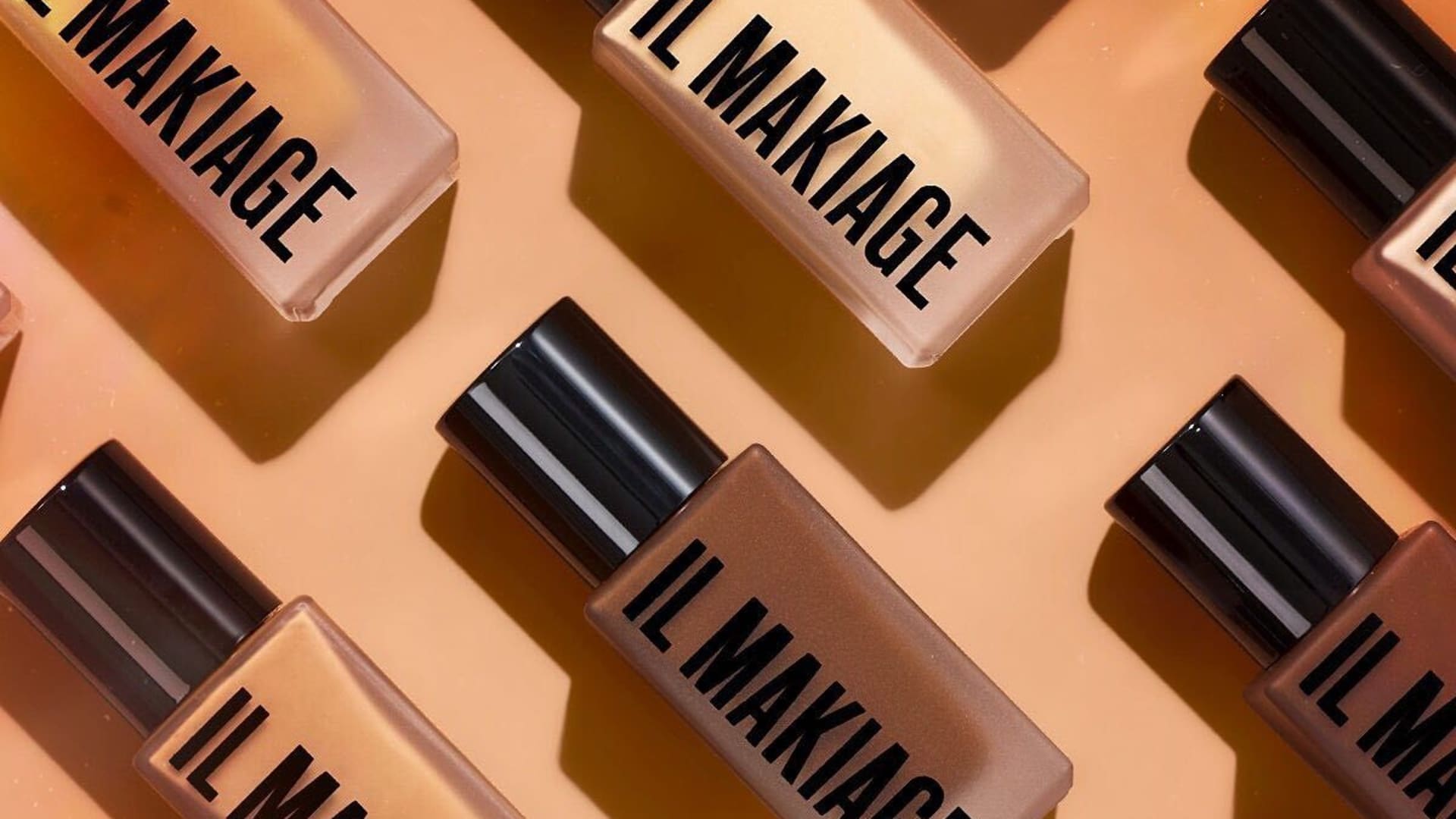Investors are overlooking Oddity Tech , which is poised to become a leader in the growing digital beauty and wellness market, according to KeyBanc. Analyst Scott Schoenhaus initiated coverage of the Israeli beauty company with an overweight rating and assigned a price target of $60, suggesting shares stand to gain more than 29% in the next 12 months. “We see ODD in the early stages of its growth story, with near-term tailwinds from its ongoing disruption of beauty and wellness end markets but longer-term growth opportunities that can be unlocked given its unique, differentiated technology,” Schoenhaus wrote in a Monday note. Oddity’s use of its “nascent hyperspectral technology” and a company-owned biotechnology asset — both powered by AI — will lead to novel beauty and wellness treatments, KeyBanc said. Oddity, a direct-to-consumer platform known for its Il Makiage and Spoiled Child brands, invested more than $100 million in April to acquire biotech startup Revela , which will use AI-based molecule discovery to target cosmetics pain points, such as hair loss and aging. “We see large potential opportunities for these assets being utilized for more acute care in dermatology (acne treatment will be the focus of the upcoming third brand launch in 2025) such as eczema, psoriasis, melanoma screening, etc., that could be deployed and are being underappreciated by the market, from our unique perspective, in healthcare technology,” the analyst said. Oddity’s revenue grew at about 43% compound annual growth rate in the last three years, driven by online, digital sales, (which still only account for 21% of the total market), and expansion of existing brands to boost market share and introduction of new brands in growth areas, KeyBanc said. Oddity’s legacy IL Makiage brand comprises about 2% of the total beauty market, the note said. Oddity went public in July at $35 a share in an IPO led by Goldman Sachs, Morgan Stanley and Allen & Co., climbing 36% on its first day of trading and giving it a a current market value of $2.6 billion. — CNBC’s Michael Bloom contributed reporting.
This story originally appeared on CNBC

